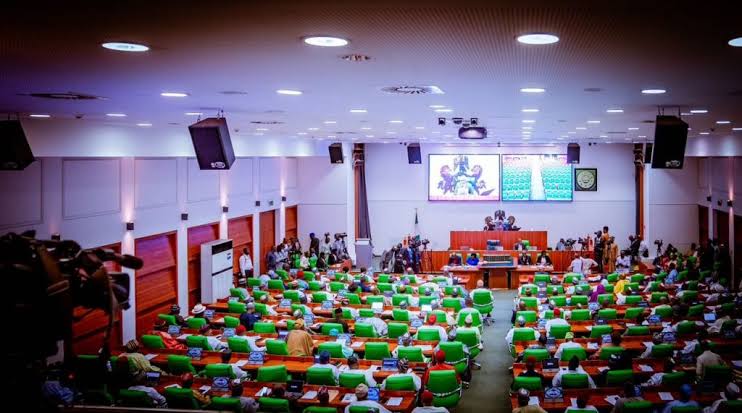
The House of Representatives on Wednesday passed for second reading a bill requiring a first degree as the minimum qualification for local government chairmen, among other provisions.
Sponsored by Deputy Speaker Benjamin Kalu and eight other lawmakers, the bill was one of 42 advanced to the second reading during the plenary session.
According to its explanatory memorandum, the bill aims to amend the Constitution to overhaul the legal and administrative framework of local government councils.
Its primary goal is to establish a strong legal foundation that enhances local government administration, improves service delivery, ensures transparency and accountability, and strengthens grassroots democracy.
A copy of the draft obtained by our correspondent revealed that Section 7 of the Principal Act is amended with a new Section 7, which states: “There shall be for each local government a democratically elected chairman and a vice-chairman, who shall be qualified for election if he is an indigene of the local government; has attained the age of 25 years; and has been educated up to at least the first degree certificate or its equivalent.”
It further adds, “A person elected to the office of Chairman shall not begin to perform the functions of that office until he has declared his assets and liabilities as prescribed in this Constitution and has subsequently taken and subscribed, before the Chief Judge of the State or his nominee, the Oath of Allegiance and the Oath of Office as prescribed in the Seventh Schedule to this Constitution.”
The bill also provides in Section 7(1b) that “An election to the office of chairman shall be held on a date to be appointed by the responsible electoral body, which shall be held on a date not earlier than 150 days and not later than 30 days before the expiration of the term of office of the last holder of that office.”
Additionally, it outlines that “A candidate for election to the office of chairman shall be deemed to have been duly elected if the candidate is the only person whose name was submitted to the electoral body for election; and if there is more than one candidate, the candidate with the majority valid votes cast at the election.”
The tenure for the Chairman, Vice-Chairman, and the Council is four years, with eligibility for one additional four-year term, as provided in Section 7C of the bill.
Section 7D of the bill details the procedure for the removal of a Chairman or Vice-Chairman from office.








